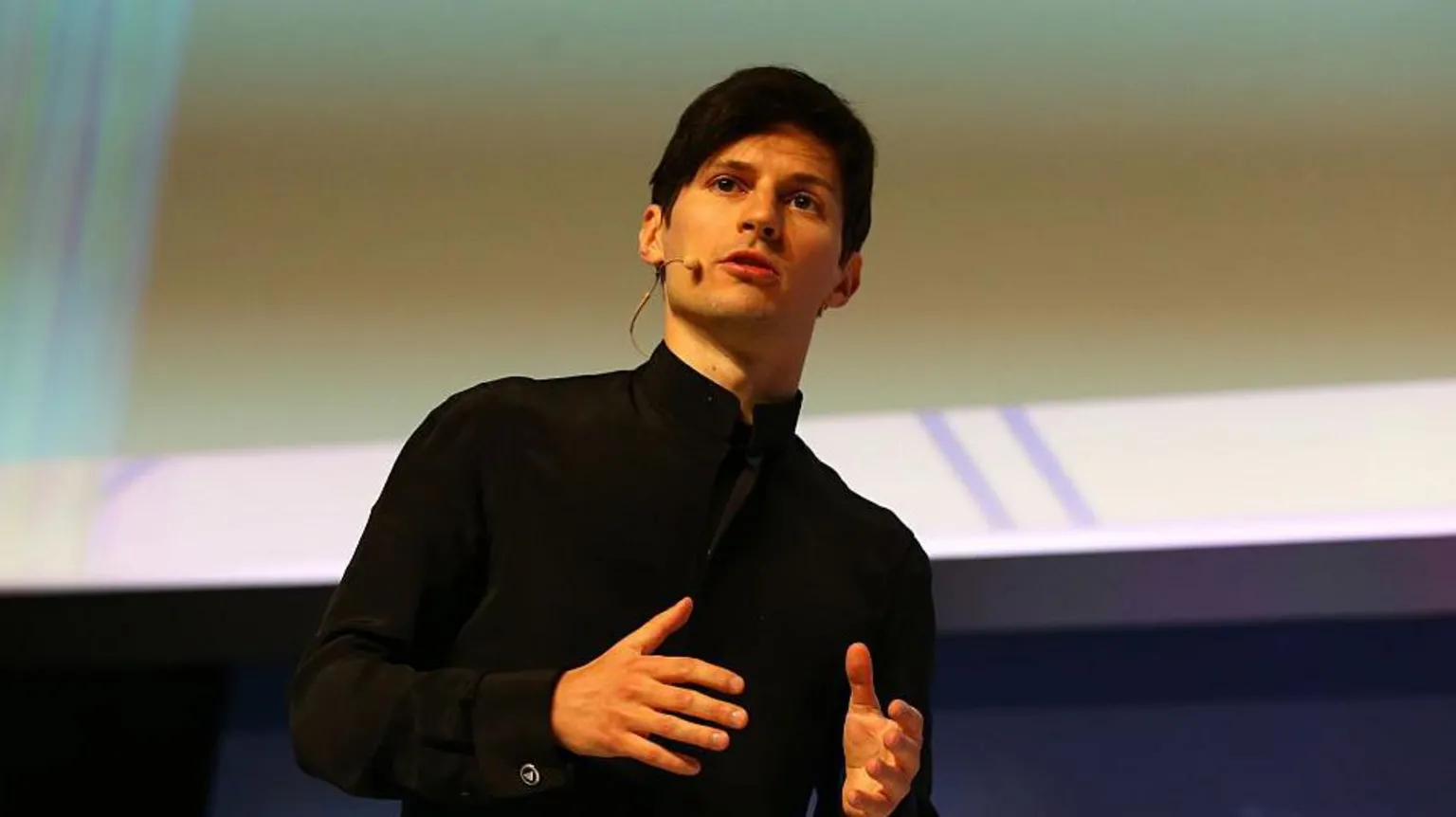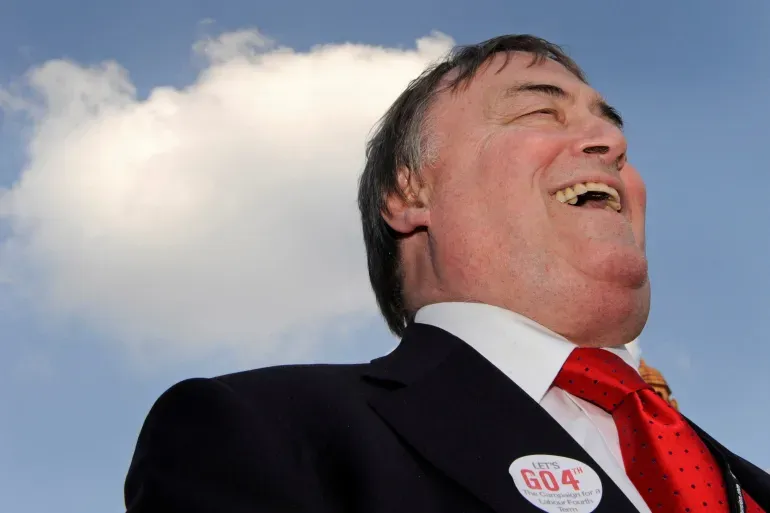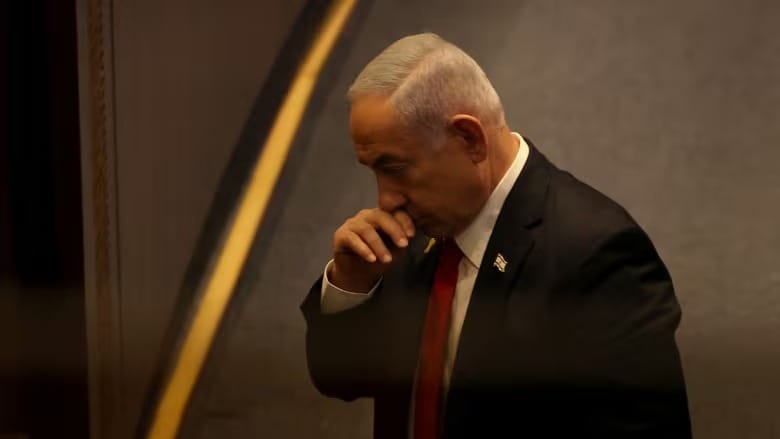In Russia, questions arise regarding the arrest of the Telegram CEO
For the past two days, reporters have cited "sources close to the investigation" regarding potential charges against Pavel Durov, ranging from alleged drug trafficking to fraud. Telegram has stated that Mr. Durov has "nothing to hide."

Since Pavel Durov, the Russian-born billionaire and founder of the Telegram messaging app, was detained upon arriving in Paris on Saturday evening, speculation about his situation has exceeded concrete information.
A headline in the Russian newspaper Nezavisimaya Gazeta captured the story: “The arrest (or detention) of ‘Russia’s Zuckerberg’, Pavel Durov, is one of the most significant, yet enigmatic global news stories.”
The term "enigmatic" seems like an understatement. Why was Durov detained by French police? What charges is he facing? Could his recent visit to Azerbaijan, where he reportedly met or didn’t meet Russian President Vladimir Putin, be related?
For the past two days, reporters have cited "sources close to the investigation" regarding potential charges against Pavel Durov, ranging from alleged drug trafficking to fraud. Telegram has stated that Mr. Durov has "nothing to hide."
On Monday, a French police spokesperson informed Reuters that Mr. Durov is under investigation by the national cyber-crime unit and the national fraud office for alleged crimes associated with the Telegram platform.
President Emmanuel Macron addressed the issue on social media, noting that there was “false information” circulating about France in relation to Durov’s arrest and emphasized that "this is not a political decision. It is up to the judges to determine."
In Moscow, the Kremlin is exercising caution.
“We still don’t know the specifics of Durov’s accusations,” Kremlin spokesperson Dmitry Peskov told journalists on Monday, marking his first comments on Durov’s detention. “We haven’t received any official statements. We need more clarity before making any further remarks.”
However, clarity seems to be a lower priority for some in Russia. On Monday, state TV’s main political talk show provided extensive commentary on the situation.
"All these accusations against Durov seem absurd," a political analyst on the studio panel commented. "Accusing him of all the crimes that occur on his platform is akin to accusing [France’s] President Macron of all the crimes that happen in France. It’s the same flawed logic."
Russian newspapers also covered the story extensively, with many expressing concern about the potential implications of Pavel Durov’s arrest for Russia.
Nezavisimaya Gazeta warned, “This blow to Telegram could also strike Russia. With Pavel Durov’s arrest, Western intelligence services might gain access to the messenger’s encryption keys.”
Moskovsky Komsomolets suggested, “Telegram could become a tool for NATO if Pavel Durov is forced to comply with French intelligence services,” and added, “Telegram chats hold a wealth of crucial, strategic information.”
In April 2018, Russian authorities began blocking access to Telegram, but lifted the ban in 2020. Today, not only do Russian officials use the messaging app, but it is also employed by the Russian military, including soldiers involved in the so-called "Special Military Operation" (Russia’s war in Ukraine).
“If Telegram collapses,” Moskovsky Komsomolets questioned, “how will our army continue its operations?”
In the West, Pavel Durov’s detention has ignited a debate about free speech. In Russia, presidential human rights ombudsman Tatyana Moskalkova suggested that “the real reason for Pavel Durov’s arrest is to shut down Telegram, a platform where the truth about global events can be discovered. Everyone who values free speech is protesting this.”
Moskalkova did not address the Signal messaging app, which Russian authorities blocked earlier this month, or YouTube, which has faced severe restrictions in Russia. Facebook and Instagram have already been blocked.
Regarding rumors of a Putin-Durov meeting in Baku earlier this month, Kremlin spokesperson Dmitry Peskov responded, “No,” when asked.
Regardless of how this enigmatic story unfolds, Moscow is expected to leverage it to reinforce one of its official narratives: that Russian citizens should be wary of the West. As Komsomolskaya Pravda put it, “For the West, ‘good Russians’ no longer exist.”





